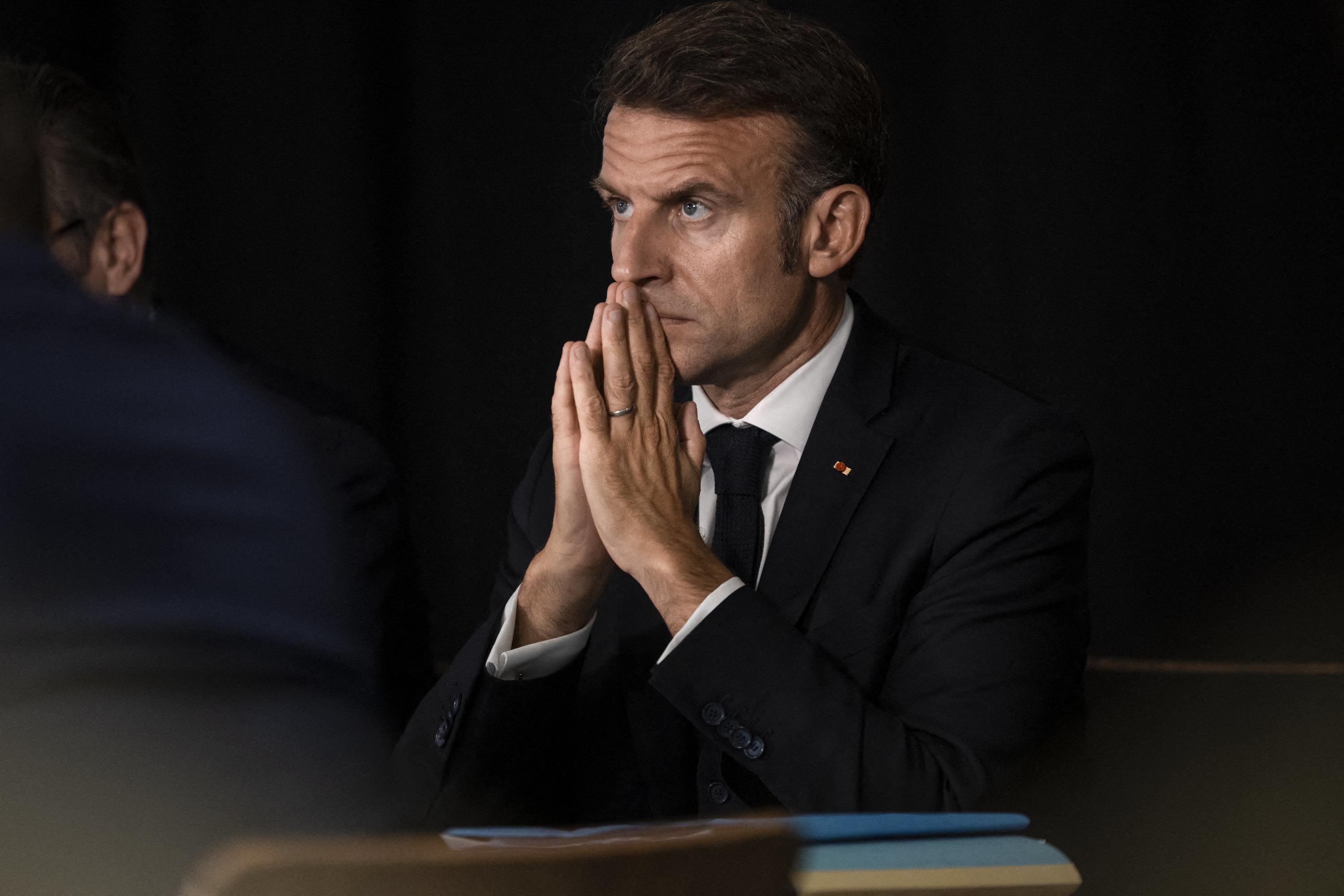Macron Faces Political Turmoil After Lecornu's Resignation Amid National Assembly Uncertainty
France faces unprecedented political instability after Prime Minister Lecornu's resignation, with Macron weighing Assembly dissolution and negotiating urgent stability pacts amid European concern.
- • Prime Minister Sébastien Lecornu resigned less than 14 hours after appointment, deepening France's political crisis.
- • President Macron met with parliamentary leaders to discuss options including potential dissolution of the National Assembly under Article 12.
- • Lecornu has 48 hours to secure a stability pact; failure may lead to government dissolution or early elections.
- • European media criticize Macron's domestic crisis management amid France's financial instability and global influence concerns.
Key details
France is engulfed in a deepening political crisis following the abrupt resignation of Prime Minister Sébastien Lecornu, who stepped down less than 14 hours after his appointment, marking one of the shortest tenures in modern European history (91122). President Emmanuel Macron is under intensifying pressure as he seeks to navigate the chaos and secure political stability.
Macron recently convened meetings with Senate President Gérard Larcher and National Assembly President Yaël Braun-Pivet to discuss the volatile situation and explore paths forward (91036, 91060). Under Article 12 of the Constitution, Macron has the authority to dissolve the National Assembly but must first consult with these chamber leaders. The prospect of dissolution looms as a possible outcome should Lecornu fail to broker a stability agreement within a narrow 48-hour deadline set by Macron (91036, 91060).
The tense political atmosphere features complex negotiations, particularly between Lecornu and the Socialist party, with Macron reportedly either attempting to secure collaboration or preparing for early legislative elections (91060). Meanwhile, government spokesperson Aurore Bergé emphasized that Macron intends to remain president until his term ends, dismissing calls for resignation despite an increasingly fractious environment (91058). She highlighted the importance of budget debates and government efforts to avoid Assembly dissolution.
European media has sharply criticized Macron for prioritizing foreign policy over the management of domestic instability, branding the current turmoil as the worst crisis since the founding of the Fifth Republic in 1958 (91122). Macron's recent dissolution of the National Assembly in June 2024 has further complicated the political landscape and eroded trust. The international repercussions are significant, with Germany warning about France’s fiscal precariousness—debt standing at 114% of GDP and a 5.4% deficit exceeding EU limits—and the UK expressing concern over France's weakening influence and internal discord (91121).
As the nation awaits Macron's upcoming address, uncertainty prevails over whether a new government will be formed, the Assembly dissolved, or other drastic measures taken. The fragile situation poses risks not only to France’s political stability but also to its economic standing and position within the European Union.
This article was translated and synthesized from French sources, providing English-speaking readers with local perspectives.
Source articles (5)
Crise politique : Macron marche seul
La France nouveau maillon faible de l’Union européenne ?
Source comparison
Latest news
France Returns the Djidji Ayôkwé Talking Drum to Côte d'Ivoire After Over a Century
Record 37 Days of Rain Triggers Ongoing Severe Flooding in Western France
Political Divisions and Social Tensions Intensify Following Quentin Deranque’s Death in Lyon
French Economy Minister Calls for Full Insurance Industry Mobilization Amid Devastating Storm Floods
France Boosts Social and Solidarity Economy with New Tools and Potential Tax Reforms in 2026
Saint-Nazaire Mayor Condemns Vandalism of Two Political Offices as Attack on Democracy
The top news stories in France
Delivered straight to your inbox each morning.





